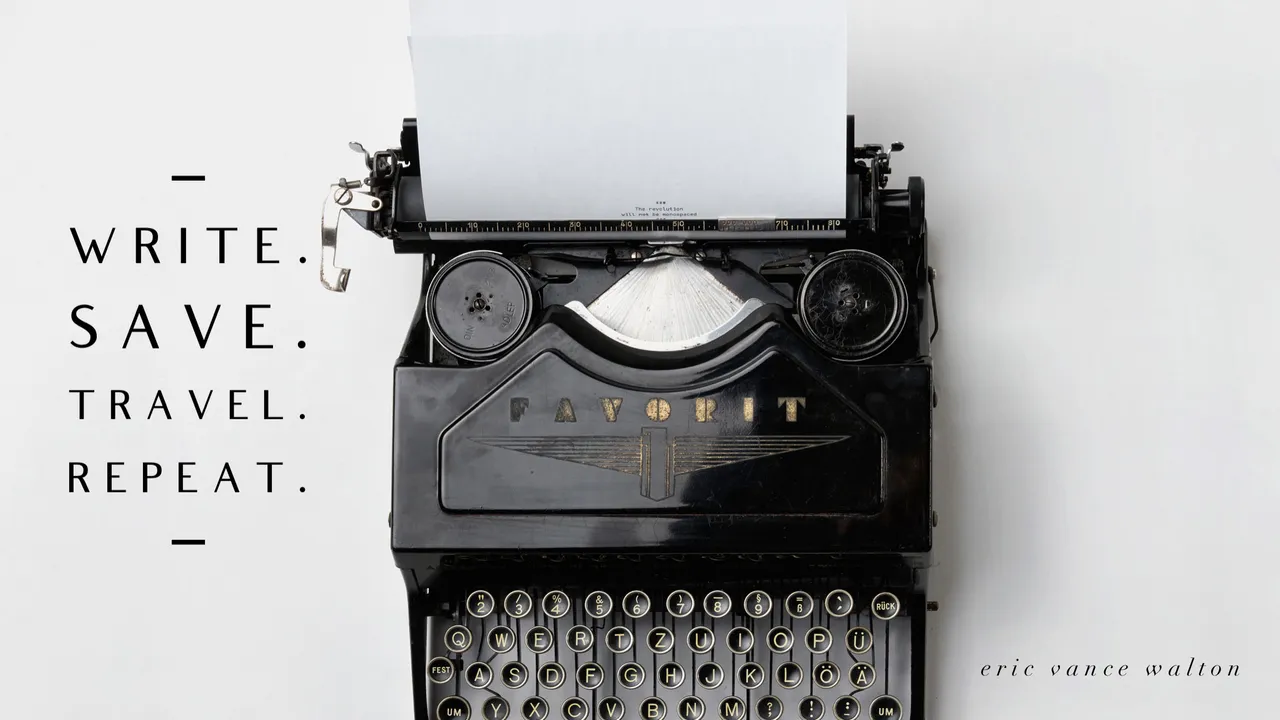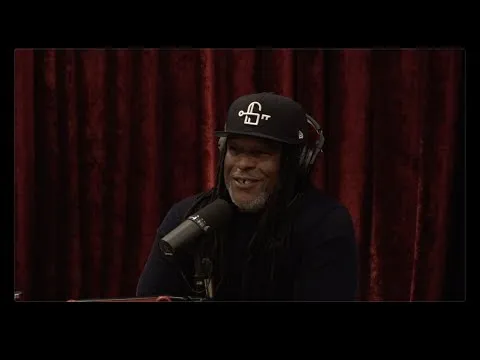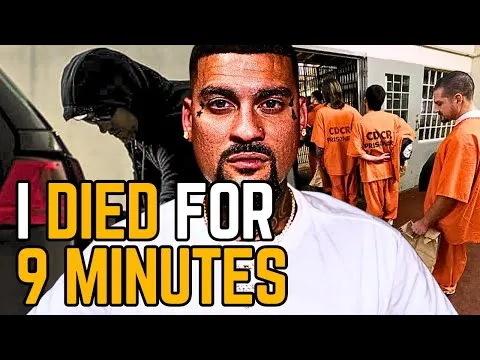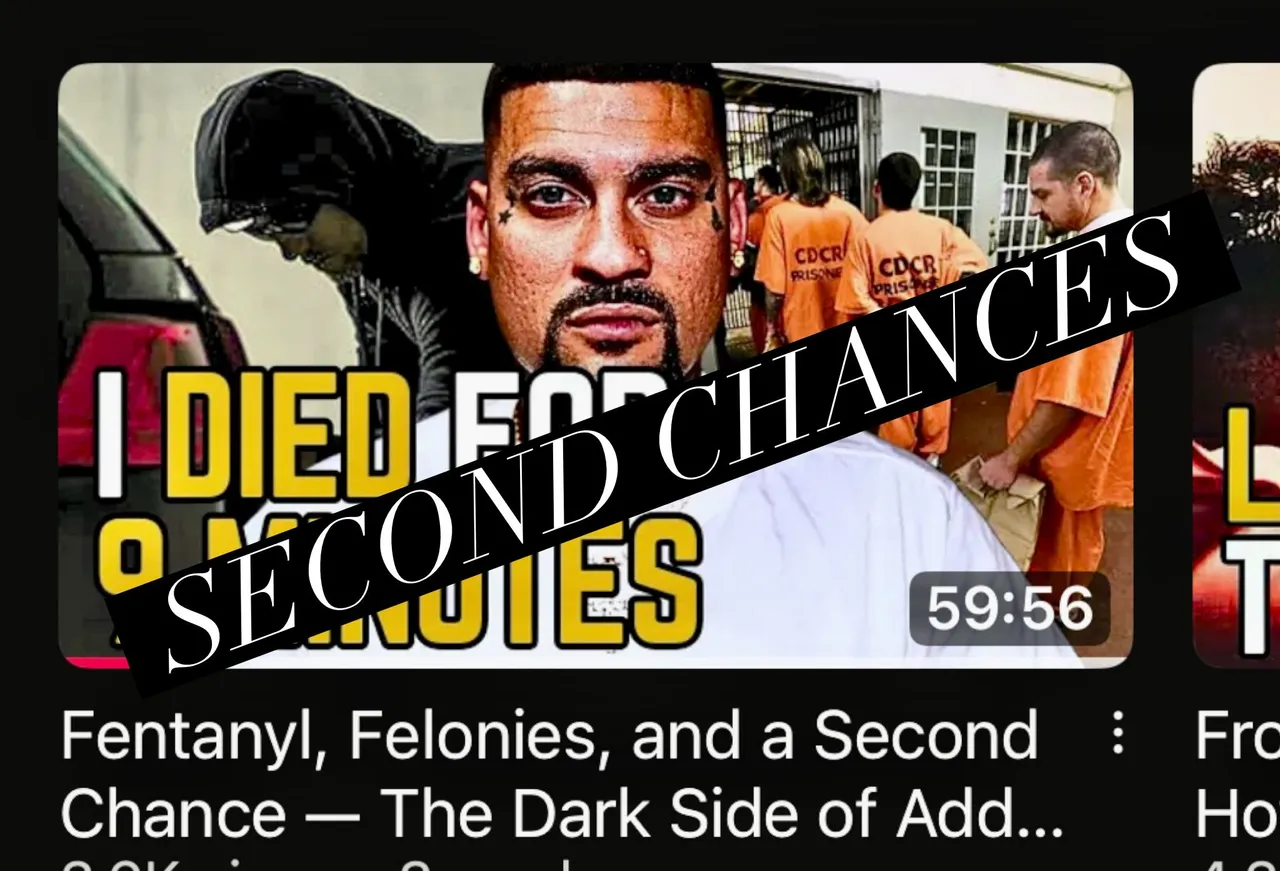
If you believe in synchronicity, as I do, you begin to consciously look for patterns and reoccurring themes or occurrences that appear repeatedly in your life. One such theme has been very prevalent and powerful in the last few months—second chances.
@riverflows and I recently had a meaningful discussion in the comment section of one of her posts recently about the Goddess Kali. For those of you who’re unaware of what she represents in Hinduism, the Goddess Kali is primarily associated with time, change, destruction, and transformation. We discussed how Kali metes out a kind of “tough love” to humanity which is uncomfortable and painful but, ultimately, is for our benefit and evolution. If Kali represents the tough love our universe provides, then second chances are a a rebirth, a gentler example of the more nurturing side of the universe. It's solely up to us what we decide to do with that valuable gift—do we honor the gift, be grateful, and make the most of it or do we throw it all away?
I’m a grateful benefactor of a second chance myself. Around 1985, the crack cocaine epidemic began to inflict its blight the neighborhood I grew up in on the east side of Columbus, Ohio. Gangs, including factions of the L.A. Crips, moved in and vicious crime followed. The gangs saw medium-sized Midwestern cities as prime/easy targets for expanding their drug markets.
Local law enforcement and the judicial system in Columbus were in no way prepared for this heightened level of crime. Local politicians were afraid to admit there was even a gang-problem in fear of a mass exodus of taxpaying citizens from the city and could interfere with their re-election plans. However, a problem as large as this just couldn't be swept under the rug. It was a perfect storm. Over the course of just a handful of years our neighborhood, which just a few years prior was a solid and safe middle class neighborhood on the east side of Columbus, became an increasingly dangerous place to be.
High school became more like a prison, infested by gangs, and eventually each day became more about keeping safe than getting a good education. My best friend, Matt, and I were just innocent kids but we got caught up in it all which sparked some dark years in each of our individual life stories. Don’t get me wrong, our high school years weren’t all bad. In fact, we have some wonderful memories, but let’s just say the road we were traveling wasn’t taking us anywhere worth going. Long story short—I got a second chance and moved to Minnesota in 1995 and began a new life.
That new beginning itself was an incredibly difficult and stressful rebirth—a true gift from Kali. I had to start a new life, in a new place, with no job, and pretty much from scratch. In hindsight, this rebirth was far easier than the alternative of continuing the downward spiral. I still carry guilt for leaving but as the flight attendants say, “put on your own oxygen masks before helping others in the event of a sudden loss of cabin pressure.” To me that period of my life felt like one of those kinds of dire situations. This post isn’t about me but I’ve just added these last couple of paragraphs for context.
Matt and I, and a few other friends, were at a house party one night when my friend Matt met Carol. Carol was a friend of Jill, my girlfriend at the time and over the previous year had become a good friend of mine as well. Sparks flew instantly between Matt and Carol. The two of them began dating and they eventually had a son together, Tyler. I was still living in Columbus, briefly, after Tyler was born. I also remember seeing him as a toddler a few times when I came back to Ohio for visits.
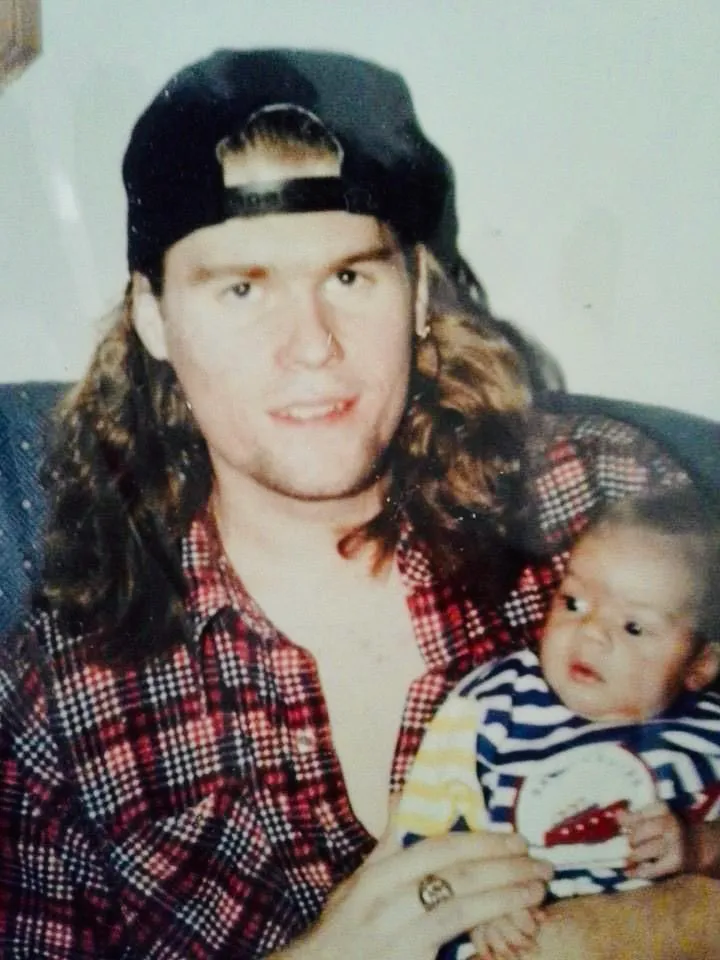
A new generation of drugs that moved into Columbus in the late-90's and 2000's, parts of Columbus witnessed even greater challenges than the crack epidemic of the 1980's.
Fast-forward to his pre-teen years, Tyler became ensnared by some of the same pitfalls and dangers that plagued the neighborhood his father and I grew up in. What people fail to understand is when you grow up in that type of environment it can, literally, happen to anyone. For those never exposed to what it’s like living in a crime-ridden neighborhood, the lifestyle is like a super contagious virus, one that impressionable male teens are especially susceptible to.
Shaka Senghor explains this better than anyone I’ve ever heard in his recent Joe Rogan podcast appearance.
Thankfully, Tyler was also gifted a second chance and he’s working to make the most of it, as you can see in this podcast he was recently featured in.
To say I’m proud of the progress and growth Tyler has made is an understatement because I realize how difficult of a mindset the mental prison of street-life is to escape—its gravity is nearly impossible to break free from but I can see Tyler is doing it.
You can’t hustle your way into healing and no one can do it for you, you simply must do the hard work. This deep, personal work is extremely difficult but well worth every effort. I have great respect for anyone who attempts to make this kind of change in their lives. Personal choices are extremely important, yes, but despite what a great many people might believe not everybody starts this game of life on the same level. Some have many rungs of the ladder to climb just to enjoy what is considered a "normal and average life" while others are born with great advantages. Our environments influence us infinitely more than we can even imagine and can, ultimately, play a huge role in our success or failure.
What I’ve learned from my own life-journey is the antidote to the gravity I mentioned before comes down to a simple set of maxims:
Take life one day at a time. Make it a mission to learn your strengths and weaknesses. Build a network of supportive people and mentors around you that hold you accountable. Make friends with people who possess the traits you wish to have. Don’t bullshit yourself. Promise yourself to become a little better every day. Be humble. Realize no one will save you—but you. Believe in something larger than yourself. Meditate every day. Take care of your health. Be kind. Do difficult things regularly. Above all, develop the strength to allow yourself to be vulnerable before the world. That last one takes the most courage of them all.
Gabor Maté’s book, The Myth of Normal, does an extraordinarily good job of explaining the importance of allowing yourself to be vulnerable in today’s toxic society.
Tyler has been hard at work building a music career for the better part of the last decade under the name of Vito Dinero. He’s launching a new album, one song at a time, on his YouTube channel. It’d be wonderful if you all could subscribe to Tyler’s YouTube channel and please show him some support in his journey. I’m rooting for him, as I'm sure many others are. I have a strong feeling it will be amazing to witness what Tyler makes of this gift—his very own second chance.
Much like the old saying friends are the family we get to choose, our second life is the one we have the power to consciously create—that is such an amazingly beautiful gift.
All for now. Thanks for reading.
